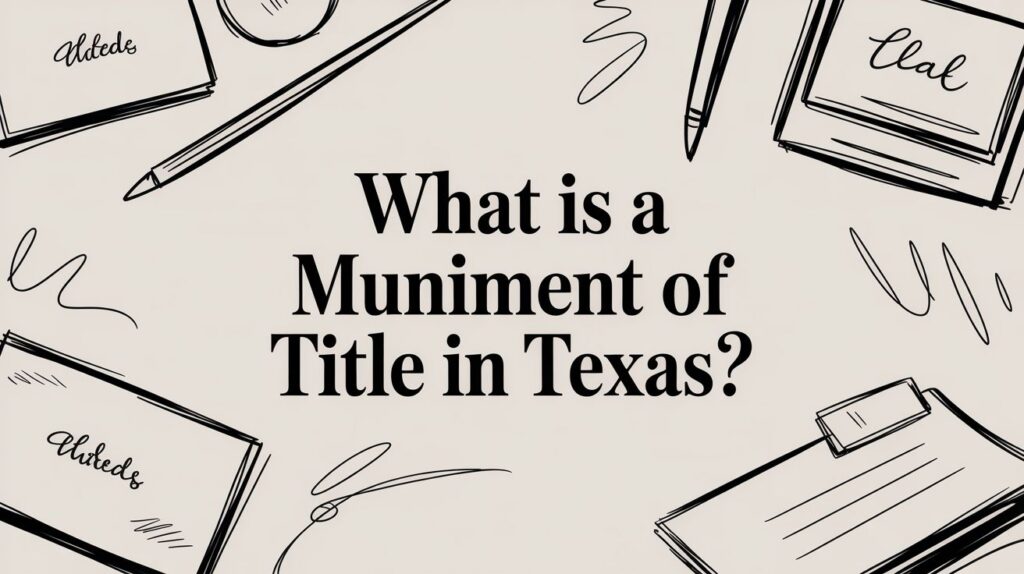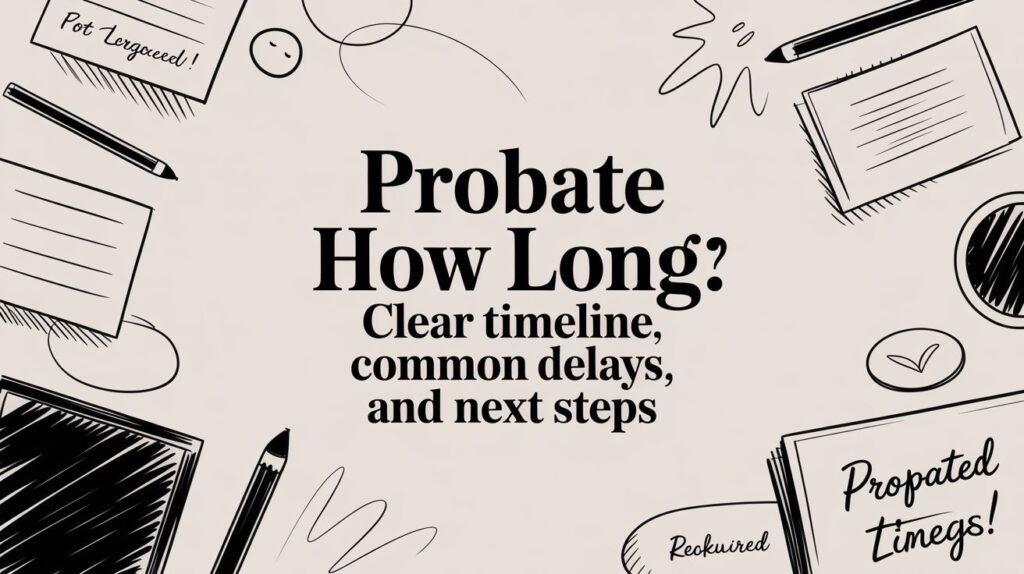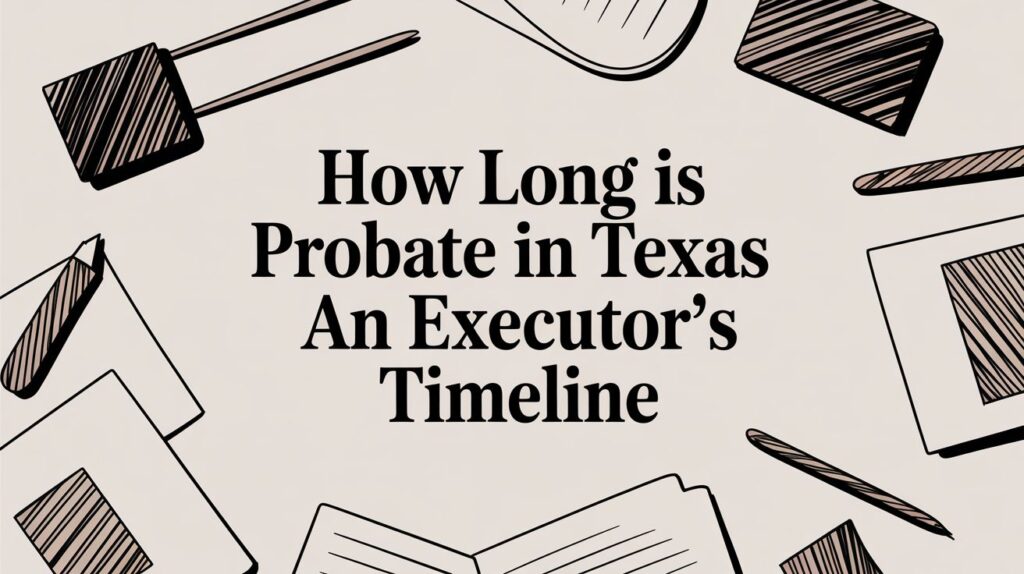Common Challenges in Estate Administration
Estate administration can present various challenges that executors and beneficiaries must navigate. These challenges often include disputes among heirs, complexities in asset valuation, and potential tax implications that can arise during the probate process.
For instance, disagreements over the interpretation of a will can lead to legal battles, while fluctuating property values may complicate the distribution of real estate. Executors must also be diligent in adhering to state laws to avoid penalties, making it crucial to seek professional guidance throughout the process.
Understanding the Role of an Executor in Texas
The role of an executor is pivotal in the estate administration process, as they are responsible for managing the deceased's estate according to the will's instructions. This includes tasks such as settling debts, distributing assets, and ensuring compliance with legal requirements.
In Texas, an executor must also file necessary documents with the probate court and may need to provide an accounting of the estate's finances. The executor's duties can be complex and time-consuming, emphasizing the importance of having a clear understanding of their responsibilities and seeking legal advice when needed.
Probate Alternatives: Exploring Options Beyond Traditional Probate
Many individuals seek alternatives to traditional probate to expedite the distribution of assets and reduce associated costs. Options such as living trusts, joint ownership, and small estate affidavits can provide streamlined processes for asset transfer without the need for lengthy court proceedings.
For example, establishing a revocable living trust allows individuals to manage their assets during their lifetime and seamlessly transfer them to beneficiaries upon death, avoiding the probate process entirely. Understanding these alternatives can help families make informed decisions about estate planning and administration.
Frequently Asked Questions About Estate Administration in Texas
Estate administration can raise numerous questions for those involved, especially regarding timelines, legal requirements, and the executor's obligations. Common inquiries include how long the probate process typically takes and what steps are necessary to initiate it.
Additionally, potential heirs often wonder about their rights and how disputes can be resolved. Having a dedicated FAQ section can provide clarity and guidance, ensuring that individuals understand the critical aspects of estate administration and feel supported throughout the process.










